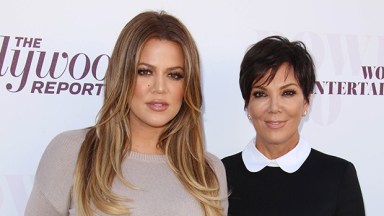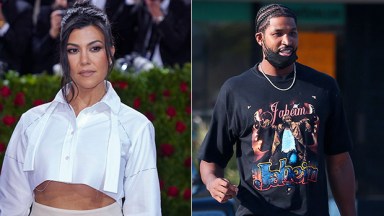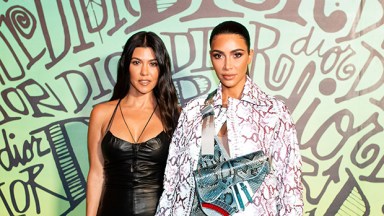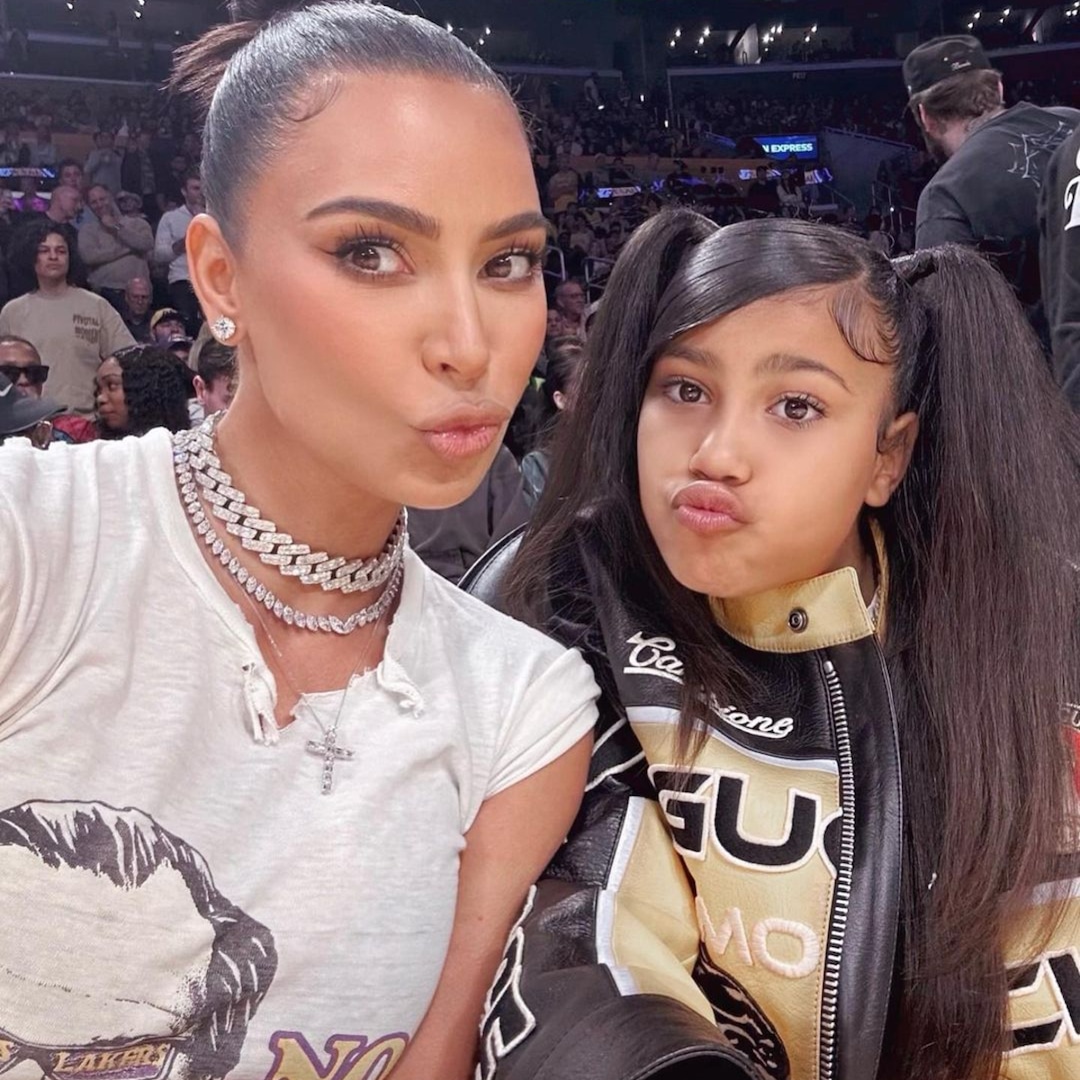The NBA conference finals have been determined, featuring the Lakers, Nuggets, Celtics, and Heat as the final four teams. Their journeys to this stage have brought various levels of surprise. Now, let’s delve into five pivotal questions that will shape the outcomes of these series and determine the teams that will advance to the NBA Finals.
1. Who will exert more influence: Nikola Jokić or Anthony Davis?
The Lakers-Nuggets matchup holds great significance for Jokić and Davis. Jokić showcased his brilliance by dismantling Phoenix’s single coverage in the previous round, averaging nearly 35 points per game. The Suns were hesitant to double-team him, giving him room to excel. Los Angeles will likely rely on Davis to defend without excessive help, aiming to neutralize Denver’s shooters effectively and keep the game within reach. Davis, with his superior athleticism, will also find opportunities to exploit Jokić on the offensive end, particularly in the half-court setting.
A vital aspect of this series will be the performance of these two players in the fourth quarter. Jokić serves as the primary offensive force for the Nuggets, while the Lakers thrive when Davis dominates defensively. Can both centers avoid foul trouble? Will the intensity of their one-on-one battles drain their energy for other tasks? Additionally, both Jokić and Davis will have to defend against pick-and-rolls throughout the game. The Nuggets won’t hesitate to involve Davis in actions, similar to the Warriors’ strategy, especially considering the effectiveness of the Jamal Murray-Jokić two-man game. While Jokić is accustomed to defending screens, guarding his own territory against AD will present a unique challenge. These two individuals will exert considerable pressure on each other every night. Whoever gains the upper hand in each game will significantly contribute to putting their respective teams in a winning position.
2. Will Miami opt to start Kevin Love?
During the playoffs, the Heat have settled on a starting lineup consisting of Gabe Vincent, Max Strus, Jimmy Butler, Kevin Love, and Bam Adebayo since their third game. Love hasn’t played extensive minutes, but he has been a reliable component of the starting five, contributing rebounding, shooting, and his trademark outlet passing. However, the Celtics present an intriguing dilemma for Miami. Boston boasts a greater depth in their wing positions compared to both New York and Milwaukee. Consequently, Miami will have fewer defensive vulnerabilities to exploit. Love will face the challenge of defending in open space more frequently than in the previous two rounds. If Boston continues to start with Robert Williams III, Love will have to guard him or Al Horford. Since Miami employs hedge defense on screens with Love, this approach could create numerous four-on-three opportunities for Boston. Exploiting these advantages might disrupt Miami’s defensive structure and lead to a barrage of three-pointers. Additionally, this means Strus will likely have to guard Marcus Smart, a potentially trickier matchup for him than when he was assigned to one of the big men.
I wouldn’t be surprised if Caleb Martin eventually joins Miami’s starting lineup. He has the ability to defend either Jayson Tatum or Jaylen Brown, which would have a positive impact on matchups for the entire Heat team. Additionally, Love could still provide backup center minutes, bringing a different dynamic compared to Cody Zeller coming off the bench. However, if Boston reverts to their smaller starting lineup consisting of Smart, Tatum, Brown, Horford, and Derrick White, Love might not stay on the court for long, if at all, as he would struggle against that group.
3. Will LeBron James go on the offensive?
LeBron James has showcased a different approach in this postseason compared to his previous title run with the Lakers in 2020. He has significantly reduced the number of possessions where he operates as the primary ballhandler in pick-and-rolls or isolation plays. In his prime playoff performances, James would exploit the weakest defender on the opposing team relentlessly, using screens and putting immense pressure on the defense. However, in ’23, James seems content to let his teammates take charge. While he has shown some effectiveness in the post, he is also doing a considerable amount of work off the ball. Given his age of 38 and playing through an injury, it’s understandable that LeBron isn’t attempting to solely carry the offensive load on every possession, but it does present challenges for the Lakers’ offense.
The Lakers’ offensive rating of 111.6 in the playoffs isn’t particularly impressive and would have ranked 26th in the regular season, just ahead of the Magic. This team’s success lies in their defense. This sets up an intriguing clash of styles against the Nuggets, who excel at scoring. Even if the Lakers manage to slow down the Nuggets, they will need more consistent offensive output compared to their series against Memphis and Golden State.
Could this be the series where we see LeBron James actively seeking out mismatches more often? Aaron Gordon is known for his solid individual defense, so LeBron might look to exploit matchups against Jamal Murray or Michael Porter Jr. So far, we haven’t witnessed Denver’s defenders being isolated too frequently either. A vintage LeBron performance could not only boost the Lakers’ half-court possessions but also slow down the game and restrict the Nuggets’ offensive opportunities.
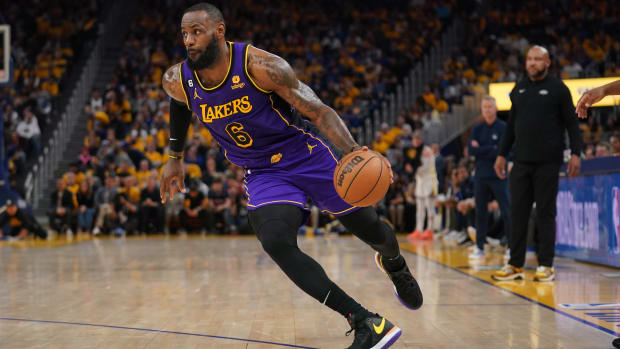
Question 4: What is the status of Jimmy Butler’s ankle?
If Miami wants to stand a chance against a deeper Boston team, they’ll need Jimmy Butler at his best during the playoffs. While Butler’s performance against the Knicks was decent, it didn’t quite match his exceptional showing in the first round against Milwaukee. After spraining his ankle in Game 1 against New York, Butler missed a game and seemed slightly hindered thereafter. His efficiency took a noticeable dip, and facing more double teams, Butler shifted more towards being a playmaker.
In last year’s conference finals against Boston, they didn’t double team Butler frequently nor trap him, even on his high-scoring nights. The Heat need Butler to exploit favorable matchups and return to his scoring prowess. Miami’s shooting isn’t reliable enough for Butler to solely play the facilitator role. If he doesn’t reach the level he displayed in the first round, it’s difficult to envision the Heat generating enough points to secure a victory.
Miami’s offensive tempo considerably slowed down in their series against the Knicks after an electrifying offensive display in the first round against Milwaukee. Some might argue it’s a matter of adaptability, while others view it as the Heat returning to a more realistic level of performance. The former scenario is what Miami desperately needs because the offensive output they demonstrated in their last four games against New York, after Butler’s return from injury, won’t be sufficient against the Celtics.
Question 5: How significant is the “Bubble rematch” aspect of these series?
Miami currently has only three players (Butler, Adebayo, Duncan Robinson) from the Bubble series in their rotation. Tyler Herro is injured, and Robinson didn’t play a significant role in last year’s conference finals. In the last Bubble meeting between Boston and Miami, Enes Freedom (formerly Enes Kanter) played more minutes than Williams. The same can be said for Gordon Hayward, Kemba Walker, and Daniel Theis.
From the 2020 Lakers, the only remaining players are James and Davis. Los Angeles essentially has a new team compared to when Denver last faced them in the regular season. The Nuggets, on the other hand, only have three players who saw minutes in the Bubble, and Porter had significantly less playing time back then.
It’s an interesting coincidence to witness the final four teams from the Bubble in action again, but it doesn’t hold much significance. (It’s worth noting that this storyline was absent when Boston and Miami played last year.) These teams have made it back due to their star talent. However, attributing any importance to the Bubble storyline would be a futile exercise as it relates to the current state of these four rosters.



